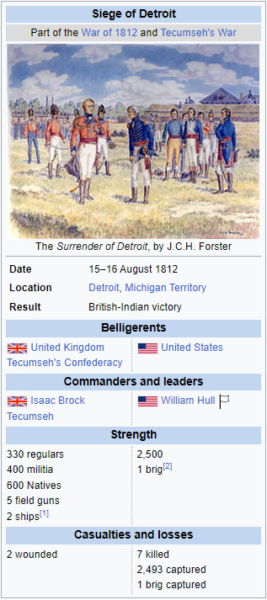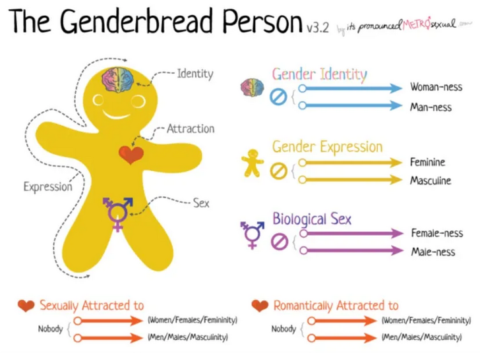Rob Henderson discusses the phenomenon of envy in the modern world:
A couple of sample items in the social comparison scale are “I often compare myself with others with respect to what I have accomplished in life” and “I often compare how I am doing socially (social skills, popularity) with other people.”
Social comparison, by definition, is relative. Here is a question often used in these kinds of scales.
Suppose you are presented with two options:
A. You get 2 weeks of vacation; your coworkers get 1 week
B. You get 4 weeks of vacation; your coworkers get 8 weeks
A sensible, rational, objective person should choose B. One week of vacation versus 4 weeks is a no-brainer. But a surprisingly high number of people will choose A over B.
Consider the reality of working in an environment in which you know everyone gets twice as much vacation time as you. It’s unfair. And as we’ve discussed before, our preoccupation with the idea of fairness is in part rooted in concerns about status.
So what are some of the traits associated with social comparison orientation?
Unsurprisingly, social comparison orientation is associated with the Dark Triad personality traits (psychopathy, narcissism, Machiavellianism), fear of failure, interest in exhibiting status, FoMo (Fear of Missing Out), utilitarian moral preferences, malicious envy, and benign envy. We’ll discuss the difference between these two forms of envy later.
The utilitarian finding is interesting. When you present trolley problems to people high on social comparison orientation, they are more likely to report that they would flip the switch to kill one person or push the fat man off the bridge in order to save five people. They seem to favor cold calculations for decision-making, which may be why they tend to score highly on psychopathy.
Narcissism is unsurprising. People who compare themselves with others are more likely to be preoccupied with their social image and want others to admire them and think highly of them.
This is of course related to fear of failure. Failure means that you come off looking comparatively worse than others. Social comparers are interested in status displays, that’s not a surprise given the link with narcissism.
In fact, some researchers have found that narcissistically-oriented people often report intense reactions to the perception of others’ envy. They experience a hidden sadistic satisfaction in causing a sense of inferiority and painful feelings in others.
Social comparers report greater levels of Fear of Missing Out, because if they are left out or excluded, this reflects poorly on them. Most people want to be a part of the excitement, but social comparers have an especially intense desire to be among those who are seen.
And this brings us to envy.
What is envy? Plainly, it is the emotional consequence of upward social comparison. Envy is an emotion that regulates the navigation of status hierarchies.
It is a painful emotion. People might say they will occasionally feel pride, or greed, or lust, but seldom do people confess to feelings of envy. To confess to envy is to acknowledge that you believe someone else has more status than you. Few people are eager to intentionally lower themselves in this way.
Envy is an unpleasant feeling, as many of your emotions are. But negative emotions are evolutionarily adaptive. Envy alerts you when you might be falling too low on the status ladder. It is a kind of status leveling mechanism.
Here’s how some psychologists have described it:
At its core, envy is born out of the perceived danger to lose respect and social influence in the eyes of others … envy’s function may be to foster the motivations to re-gain status or harm the superior position of others.
What does envy look like? Here’s a still from season 1 of the superb television series Mad Men.
Here, two advertising executives, Peter Campbell and Paul Kinsey, are reacting to their colleague Ken Cosgrove, who has just told them one of his stories was published in a prestigious magazine. Ken’s colleagues are smiling and congratulating him, but you can observe a bit of surprise, a bit of skepticism, and an attempt to show Ken that they are happy for him but also surprised that he had this talent for writing. It’s a way of being cordial while also communicating that Ken shouldn’t get too full of himself. This kind of contorted smile might be a uniquely American expression, because Americans are culturally conditioned to suppress envy and be happy for one another’s success. This is a good cultural practice, in my view.
There’s a term used in New Zealand and Australia called “Tall Poppy Syndrome”. The idea is that tall poppies, or people who rise too far up beyond others, get cut down because the smaller poppies are envious. Bids for status can incur envy in other people. If you try to achieve something, others might attack you or resent you or cut you down in some way. Some of you may be familiar with the crabs in the bucket metaphor, and this is similar to that idea of crabs at the bottom of the bucket pulling down the crabs higher in the bucket. People are often intuitively aware of this, which is why people conceal their desire for wealth or status or power.








